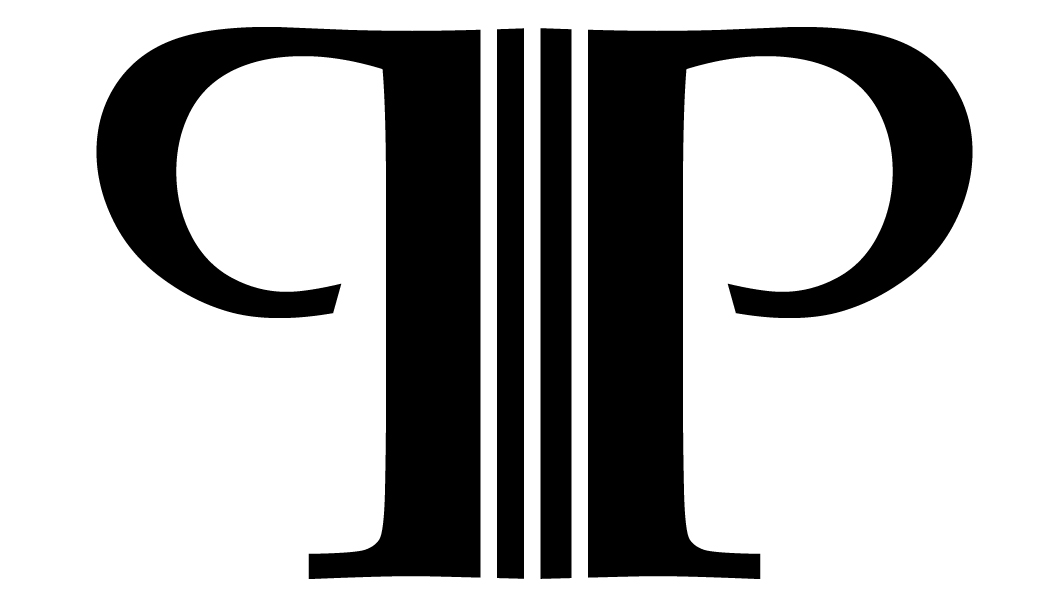Coming in from a walk with the dogs I notice that, while typing this, my fingers are stiff and cold. The other night, standing outside looking at the crescent moon, I could see my breath. These are all signs that are pointing in one direction and that direction is not toward warmth.
The studio door is open for the early afternoon lessons. Each lesson offers the added bonus of being able to watch the colored leaves drift lazily past. Sam, ever faithful, is outside but parked up against the studio door. It used to be that he would nap under the picnic table, periodically opening one eye to give the impression of being on duty. Now that he is ten, the pretense is over; he has graduated to a full-on quilted dog bed where he sprawls out in the afternoon sun, unapologetic, eyes firmly closed. I like to think he is enjoying the music as he dozes.
As the fall teaching season begins I think carefully about each student. Where they are in this process, what their strengths are and, of course, what we need to work on. What seems to be the common thread this year is work on focusing. Strengthening the muscles that help us to full immerse ourselves in the music in front of us.
One afternoon Meg was playing in her lesson and Jen came in carrying her cello. Their lessons are back to back so, this can happen fairly frequently. This day Meg was playing something particularly challenging for her and the moment that Jen crossed the threshold I saw an immediate and very obvious shift in her focus. She stumbled in her playing and I watched her eyes break from the music. Once that happens there is a snowball effect as the brain scrambles to regain focus.
Learning to focus on anything that we are doing takes the same amount of effort, practice and patience as learning the notes in our music. Focus is a muscle that needs regular work-outs to become stronger.
I’ve always been a proponent of breaking practice time into pieces with the goal being obtaining the most efficient practice possible. Unfortunately we are human and being human means that our tendency is to do the things that make us feel the best. Feeding that ever-hungry ego. In reality the better way to spend our precious practice time is to work on the very things that make us feel the worst and save repeatedly playing the entire piece for a few times between lessons.
I’ve asked my students to add a focus component to their practice. What this means is that they are to play their repertoire piece straight through without breaking concentration - one time. One might think that the break in concentration comes from an outside source, pet dog barking, someone coughing, lightening striking the house...but no: in reality the biggest demon is the one sitting on your shoulder (they like my left shoulder) and that demon is of our own creation. We begin playing and the nasty voice starts, “ooh- flat note” or “uh-oh,..wrong rhythm” or, simply “nope, nope, nope.” And that voice is louder than any dog barking. What I am asking is that during practice we learn to shut that voice down- even for just one piece per practice.
We are following that same trail in lessons. I ask that the first time we play the repertoire piece that it be played through with the sole intent of focusing. When we began this exercise at the end of the summer, I literally saw some trembling going on...asking people to let wrong notes go is akin to asking them to play in a lions den, naked. So now I, literally, take their hand, look them dead in the eye, cross my heart and promise that we will go through the piece again and will, as the next step, address what we felt needed addressing...including the most dreaded of all: out-of-tune notes.
I’m seeing everyone getting stronger. Focus is, after all, a life lesson. It is about truly being in the place where you sit. When you are immersed in the music in front of you everything else disappears. The demon on your shoulder is replaced by Chopin, Beethoven or Shostakovitch whispering the secrets to telling their tales.
David wants to work on performance skills. Of course, at the heart of this lies learning to focus. So last week he began his Frank Bridge piece with jaw set and a determined look on his face. As he played I had arranged for Paul to walk into the lesson...no response. As he continued on, eyes unwavering, I kicked over my water bottle...no reaction. I could see that, although focused, he was relaxing into the music, being fully present in his playing. As he finished the piece, I dropped a pile of music onto the floor with a bang…nothing…
...But a big smile.
Melissa Perley

